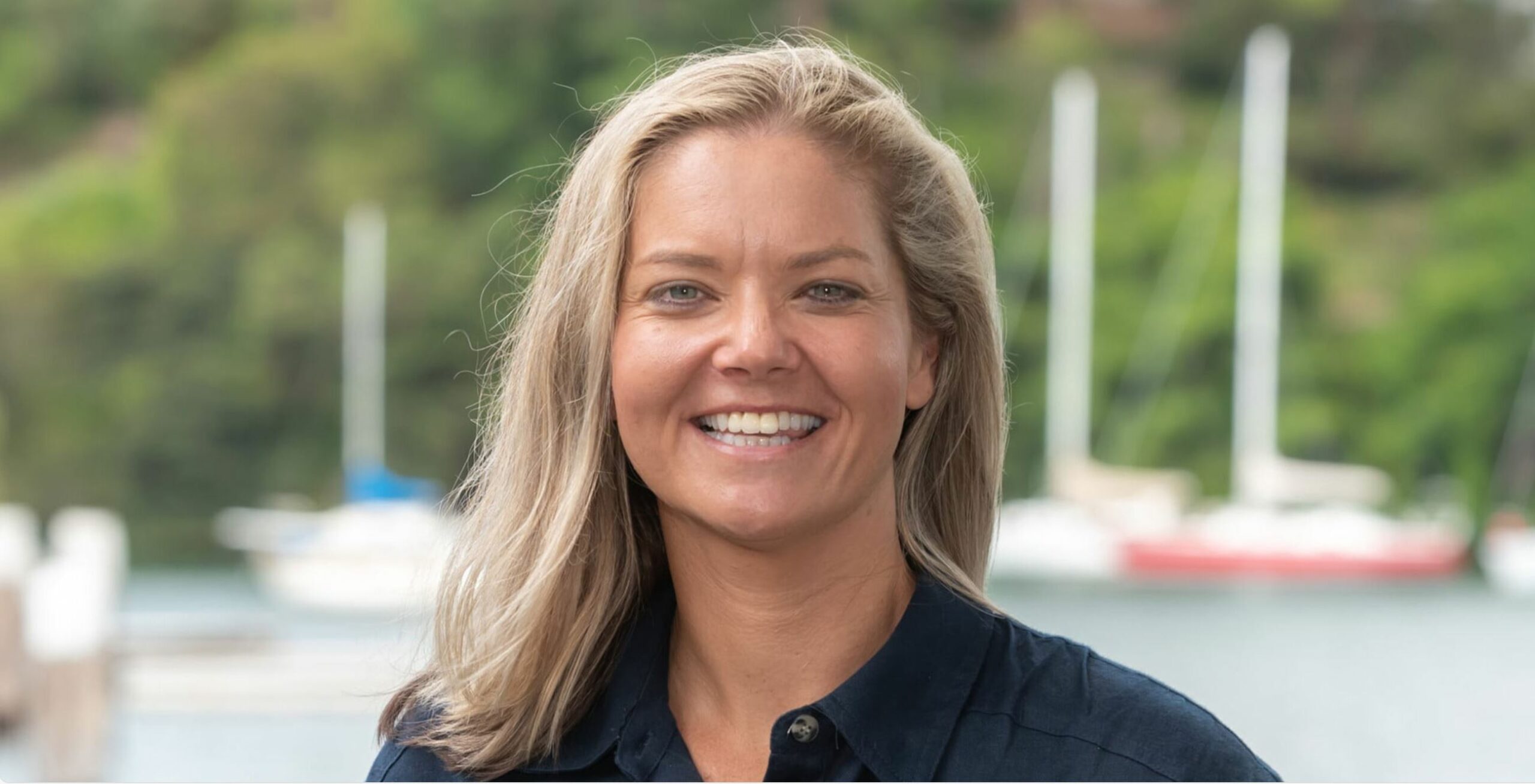DECEMBER 2023
Founder Profile: Kath Koschel, Kindness Factory

Kath Koschel has faced almost unimaginable hurdles. In her mid-twenties, she broke her back and was told she may never walk again. Shortly afterwards, she lost her beloved partner to suicide. Then, just as she was piecing her life back together, she was hit by a drunk driver while cycling and forced into gruelling rehabilitation to relearn to walk once more.
In the midst of these harrowing experiences, Kath believes she experienced two things in large amounts: adversity and kindness. After learning to walk for the second time in her life, this realisation kickstarted a two month journey around Australia during which Kath relied solely on the kindness of strangers. From this journey, the not for profit organisation Kindness Factory was created, and the Foundation was proud to come on board as an early-stage backer.
Kindness Factory is now based across three countries and has seen millions of acts of kindness logged. In between speaking engagements and promoting her best-selling book, we caught up with Kath.
The Kindness Factory was born back in 2015 as a social media page – could you have imagined then what it has turned into today?
Not in a million years! With no real business experience to my name, I think the smartest thing I have done is surround myself with good people who excel in areas that I’m not so great at. It’s genuinely been a team effort to get us to this point – and this is only the beginning! I can’t wait to see what happens in the next five years and beyond.
How did the Kindness Curriculum evolve?
After meeting with young people in schools across the world, there was one question that was always asked – “How can we continue the legacy of kindness that you have created amongst our students?” We turned to Kaplan for assistance and together the Kindness Curriculum was conceptualised. I believe that teachers, students and school communities are the important elements in generating change for the future. The Kindness Curriculum is now embedded in thousands of schools teaching children the power of kindness.
How important is getting kindness into schools?
I think the earlier we get to people, if we can get a basis of kindness with kids at an earlier age, I think that is going to be money well spent by the Kindness Factory.
I don’t think anyone was born to hate. It is society’s pressures that creep in and make us cynical. Stuff happens in life and we go through trauma, grief and loss and we start to see the world differently but if we can take it with a lens of kindness, choices become a lot easier on how we want to behave and interact with others.
What does the future look like for Kindness Factory?
If I could predict the future, I would love to be redundant to be honest, that is the end goal. I often wonder how to really measure if we are even making a dent on this. Our mission is to make the world a kinder place and we are taking steps to do that but we need data and analytics to back this up. I would love to be able to predict the future but we are just focused on making smart decisions.
As a population, how are we doing at being kind?
What we need to do is start celebrating kindness more. Australia in general is a very kind nation, but we struggle with tall poppy syndrome. If I am kind and I display that and I share that – people will say that it is not kindness. But I disagree. I feel that kindness inspires kindness. Sometimes when we see it in action, we are more inspired to go and do something for someone else and get that kindness out there.
Subscribe to our updates
Stay up to date with the latest news and insights from Pinnacle and Affiliates.
